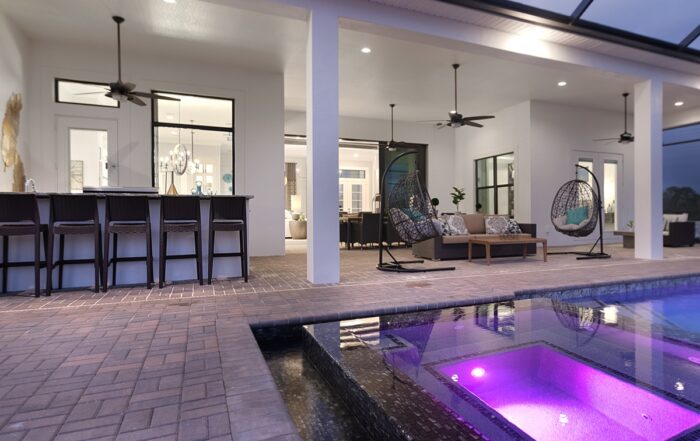Many homeowners grapple with various concerns when evaluating whether to add a solar system to their home. Those who would love to save on electricity are held up by questions of a return on investment and worry of having to double down on replacing solar panels one day.
Fear not. Despite your valid concerns, you’ll be glad to find that the safety of investing in solar energy outweighs even the most practical concerns.
One of the questions you may have about going solar is whether it will really help save you money. A few variables will come into play as to exactly how much can be saved, but you’ll be pleased to find that most homes, once adapted with panels, will experience a significantly reduced electric bill. And in cases where the home achieves a zero-energy performance, electric bills should be reduced to $0 over a year’s time.
How much am I currently spending?
One of the keys to tracking your solar savings will be to understand it in the context of what you’re used to spending. The average Florida household spends around $2,500 on their electric bill annually, however the variances can be widespread. Keep in mind, too, that if you’re building a new home with LifeStyle, your home will be built LifeStyle SunSmart℠, and thus will be fundamentally more energy efficient than many existing homes. That said, your home will require less solar panels to achieve your desired solar performance and electricity savings.
Can I get total coverage?
As we discussed in a previous article, the average LifeStyle home will require around 26 to 29 305-watt panels in order to run their entire home on solar power. South facing panels will harness the most sunshine. Simplified, the bigger your roof, the more solar energy you can use. You can read more from this article here.
A return on investment
A final point to consider is the financial investment. LifeStyle’s solar systems range from around $13,000 for a 5.8KW solar system to $18,000 for an 8.12 KW solar system. (These prices include the 30% Renewable Energy Tax Credit that is in place by the federal government through 2019.)
Solar is meant to be thought of as a long-term investment. Your electricity bill savings will not pay for your system in the first year, but if you plan to stay in your home for several years you will recoup your investment and eventually save a substantial amount of money.
Solar is as much about saving money month-to-month as it is about going green. While the initial investment can be daunting for some, the long-term effects and peace of mind when it comes to that monthly energy bill can make the installation well worth it.




